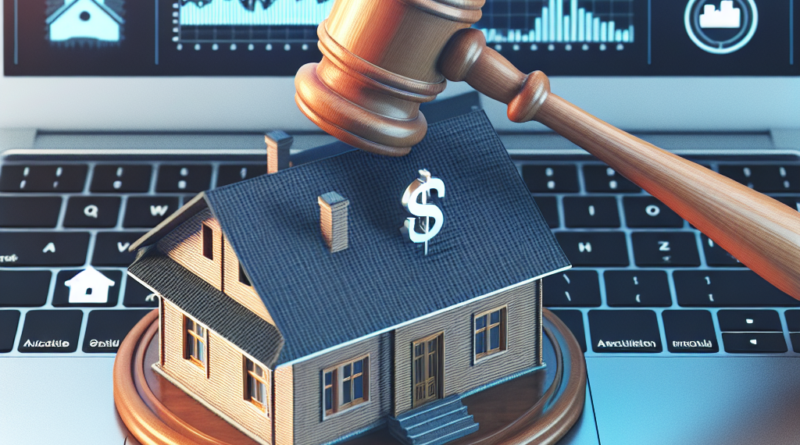Buying a House at Auction: How It Works, Risks, and What to Do
Buying a House at Auction: A Complete Guide
Buying a house at auction is a procedure that allows you to purchase a property through a competitive bidding process.
This purchasing method can be economically advantageous since auctioned properties often have lower prices compared to the market value.
Buying a house at auction can be a very convenient solution for those looking to save significant amounts of money, especially by waiting for the right auction.
In fact, compared to market value, purchasing through real estate auctions can lead to discounts of up to 20-30%, and in some cases, as we will see, even up to 50%.
However, it’s important to pay attention to the bureaucracy, regulations, and, most importantly, meeting the requirements.
What Does Buying a House at Auction Mean?
When a property goes up for judicial auction, it has usually gone through a lengthy process.
This can be due to a foreclosure by a bank or any creditor who claims debts from the property owner.
This initiates the forced seizure process to recover the owed sums.
Another scenario involves properties owned by public entities, such as municipalities deciding to sell unused land or buildings through a public auction.
There are three main reasons why a property goes to auction: privately owned homes where owners fail to repay mortgage loans to banks, companies facing bankruptcy whose properties are seized and then auctioned, and public entities legally required to sell a real estate asset through the competent territorial court.
How to Participate in an Auction?
Once a property enters the judicial auction procedure, the competent court publicly announces the property description, a technical expert’s appraisal, the property’s address, the date of the judicial auction, and the procedure for participation.
Anyone, except the executed debtor, can take part in a judicial auction and offer a price starting from a court-assigned initial value, which bidders can increase based on the minimum raise set by the sale order.
The proceeds from the auction sale are used to fully or partially repay the banks and creditors of the debtor whose property was seized.
What to Do if You Want to Buy a House at Auction
Participating in a judicial auction to secure a property of interest is still considered complex by many.
However, with the right preparation and caution, anyone can independently take part in a judicial auction.
Prior to participating, it’s crucial to read all available documents on the court’s website, especially the appraisal specifying any constraints, cadastral anomalies, and related buyer obligations.
Contact the bankruptcy trustee early to inspect the property, address doubts, set a maximum bidding limit, have the necessary funds available, be aware of all related costs, understand the court’s timeline, ensure property vacancy, seek professional assistance if needed, and analyze the risks involved.
Buying a Property at Auction with a Mortgage
When buying a property at auction, accessing a mortgage is possible.
However, not all banks provide loans for auction purchases, so it’s essential to identify a suitable bank early on.
Some banks offer pre-feasibility checks for auction finance, allowing participants to bid more confidently and potentially secure the property more easily.
Furthermore, some banks grant mortgages up to 100% of the auction price, requiring the borrower to only pay ancillary costs.
Banks are more inclined to finance higher amounts for auction purchases due to the property’s mortgage value, which typically surpasses the auction price, providing added security for both the buyer and the bank.



